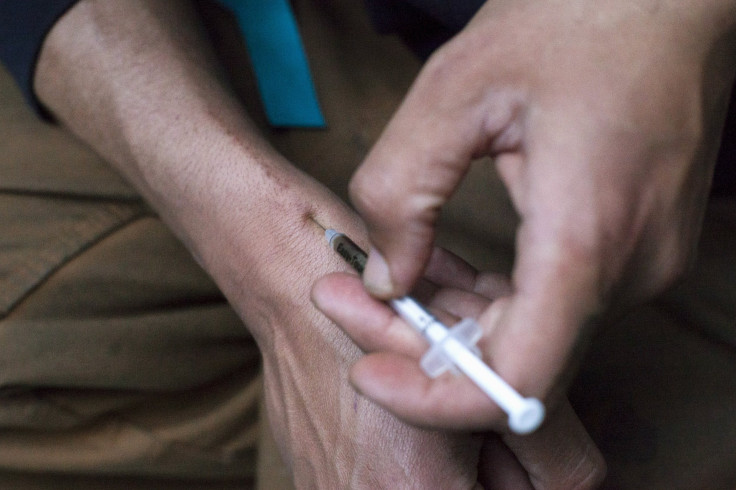Leader Of 'McDonald's For Drugs' Sentenced To 30 Years in Prison

KEY POINTS
- A Detroit drug kingpin is going to prison for 30 years
- His organization was often called the "McDonald's for Drugs"
- 13 of his associates were sentenced as well
The leader of a massive drug ring in Detroit is on his way to prison for thirty years in a dramatic end that began with a 2016 arrest for drug trafficking.
ClickonDetroit reports that Demarco Tempo, who goes by Polo and lead a widespread and far-reaching drug cartel of that same name, was sentenced to a lengthy prison along with 13 of his former associates. The 13 cohorts’ sentences ranged in length, from one to 25 years.
The Polo organization was affectionately referred to by former customers as the “McDonald’s for Drugs” and dealt in a wide range of illicit substances ranging from crack cocaine to heroin to the synthetic opioid fentanyl. The organization was composed of a group of drug traffickers on the east side of Detroit who sold heroin and crack cocaine.
Court records revealed the phone numbers used to reach Tempo were constantly receiving calls. During a 15-month period, there were 416,934 contacts on the two main numbers, with an average of more than 900 per day. He was arrested after a three-month investigation, which included surveillance and was triggered by a rash of deadly and non-fatal overdoses, the causes of which were drugs that could be traced directly back to his organization.
According to authorities, Tempo’s organization was selling heroin mixed with fentanyl, and sometimes just fentanyl, to people. Fentanyl is a powerful synthetic opioid, which is said to be exponentially more powerful than heroin and morphine.
In 2017, there were 2,033 overdose deaths involving opioids in Michigan. The greatest increase in opioid deaths was seen in cases involving synthetic opioids (mainly fentanyl), from 72 deaths in 2012 to 1,368 in 2017. The other 13 men were arrested on charges related to distribution, conspiracy to distribute and other charges related to overdoses. Authorities are calling it a victory for law enforcement and communities in the city.
© Copyright IBTimes 2025. All rights reserved.





















